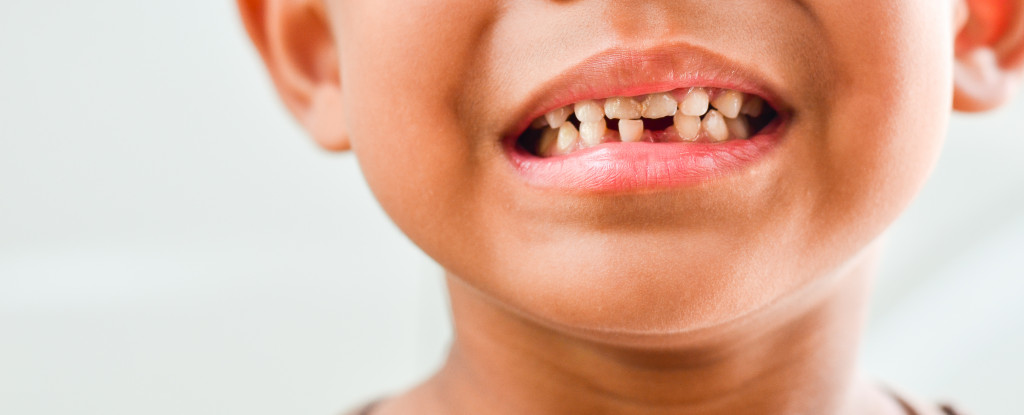Good oral hygiene is essential for keeping your child’s teeth healthy. Tooth decay is a common problem among children, which can cause pain, discomfort, and damage to their teeth. Managing tooth decay in your kids can be tricky, but there are some simple tips that you can follow to help keep their teeth healthy. Here are four tips for managing tooth decay in your kids.
1. Limit Snacking in Between Meals
Eating snacks in between meals can lead to an increase in plaque and bacteria, which can cause tooth decay. Try to limit the number of times your child eats snacks throughout the day, and encourage them to choose healthier options like fruits, vegetables, or dairy products when they snack.
It’s important to remember that moderation is key when it comes to snacks. Eating too many snacks can increase sugar intake and calorie consumption, contributing to weight gain. While it’s tempting for children (and adults!) to indulge in sugary treats, replace these with healthier options like fresh fruit or a handful of nuts.
It’s also important to remember that snacks should be kept to a minimum and served during mealtimes or between meals; otherwise, this can lead to children overeating without knowing how much they have consumed. Encourage your child to snack mindfully by paying attention to their hunger cues—eating only when they are genuinely hungry and stopping when they feel full.
2. Incorporate Calcium and Vitamin D Rich Foods
Calcium and Vitamin D are both essential for healthy teeth, so it’s vital to ensure that your child gets enough of these nutrients in their diet. Incorporating calcium-rich foods like dairy products, almonds, and leafy greens into your child’s meals can help ensure they get the necessary vitamins and minerals for strong teeth.
Vitamin D helps the body absorb calcium, so it’s essential to ensure that your child gets enough vitamin D in their diet. Vitamin D can be found in fish oils, egg yolks, and fortified dairy products. Getting adequate exposure to sunlight also helps!
Your child should also consume foods high in phosphorus, another essential vitamin for maintaining strong and healthy teeth. Foods like lean meats, whole grains, and nuts are all great sources of phosphorus. Additionally, Vitamin A helps keep gums healthy and can be found in red peppers, carrots, sweet potatoes, spinach, and other fruits and vegetables.
3. Visit the Dentist Regularly

Regular check-ups and cleanings at the dentist are essential for keeping your child’s teeth healthy. Having their teeth professionally cleaned will help remove plaque and bacteria, while regular check-ups will help identify any potential dental problems early on.
Preventative care is essential for maintaining oral health. Children need to visit the dentist regularly because their mouths are still developing. Failing to take proper care of baby teeth can lead to dental complications later in life, including gum disease and tooth decay. Additionally, if a permanent tooth is lost too early due to decay or injury, it may be necessary to use a tooth replacement. A tooth replacement is a prosthetic device designed to fill the gap created by a missing tooth and can be used to restore your child’s smile.
Parents must take their children for regular dental visits, especially as they grow and develop. Once your child reaches the age of three, bi-annual visits to the dentist are recommended. During these visits, your child will receive a complete examination and cleaning from the dentist or dental hygienist. They will also take x-rays and check for cavities and other teeth issues.
4. Use Fluoride
Fluoride helps strengthen tooth enamel, reducing the risk of cavities in children. You can get fluoride treatments at the dentist or use products such as fluoride mouth rinses or toothpaste that contain fluoride.
It is important to note that fluoride should not be used too frequently. The American Dental Association suggests limiting fluoride use in children ages three and younger, as their developing teeth may be sensitive to overexposure. Additionally, too much fluoride can lead to fluorosis, which causes spots on the teeth or enamel discoloration.
To help maintain the benefits of fluoride without the risk of overexposure, it is recommended that children get a professional fluoride treatment at their dentist’s office every 6 to 12 months. This treatment helps protect tooth enamel and reduce cavities while minimizing the chances of fluorosis.
Final Thoughts
These tips can help keep your child’s teeth healthy and free from decay. It is also essential to have a good relationship with your dentist so that they can provide advice on how to manage tooth decay in your children. Remember, it is never too late to start taking steps to keep your child’s teeth healthy and prevent dental problems before they occur.
